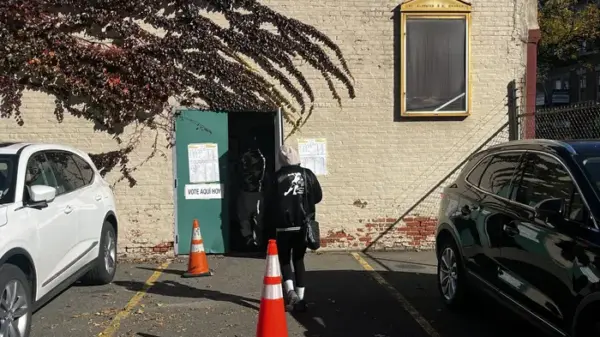Independent MP Helen Haines has outlined her ambitious agenda for the upcoming parliamentary term, addressing the significant repercussions of the robodebt scandal and the pressing issues surrounding regional housing. In a recent podcast, she expressed her deep disappointment with the findings of the Royal Commission into the robodebt scheme, which had devastating effects on many Australians.
The robodebt program, designed to recover welfare overpayments, led to widespread distress and financial hardship for countless recipients. Haines highlighted that the government’s response to the commission’s findings raises critical questions about political accountability. “The government’s handling of this situation reflects a concerning lack of responsibility toward those affected,” she stated.
Haines, who represents the electorate of Indi in Victoria, is pushing for reforms that ensure better oversight of welfare policies and increased support for vulnerable communities. She emphasized the need for a transparent system that prioritizes the well-being of citizens over bureaucratic efficiency.
In addition to discussing robodebt, Haines turned her attention to the increasing crisis in regional housing. Many areas are experiencing acute shortages, leading to rising costs and a growing number of individuals facing homelessness. Haines noted that sustainable housing solutions must be a priority for the government, particularly as the population continues to grow.
“The current housing situation in regional Australia is unsustainable,” she remarked. “We need to invest in affordable housing initiatives that cater to the needs of our communities, especially as more people are looking to move to these areas.”
The independent MP called for a collaborative approach among all levels of government, private sector stakeholders, and community organizations to address these urgent issues effectively. Haines believes that only through a united front can lasting change be achieved.
As the new parliamentary term commences, Haines is determined to advocate for policies that reflect the needs of her constituents, particularly in the wake of the robodebt scandal. Her commitment to political accountability and community welfare continues to resonate strongly within her electorate and beyond.
In conclusion, Haines’ insights underscore the importance of addressing both the fallout from the robodebt scandal and the ongoing regional housing crisis. Her proactive stance invites further dialogue on these pressing matters, as she aims to hold the government accountable and push for meaningful change in Australian society.




































































